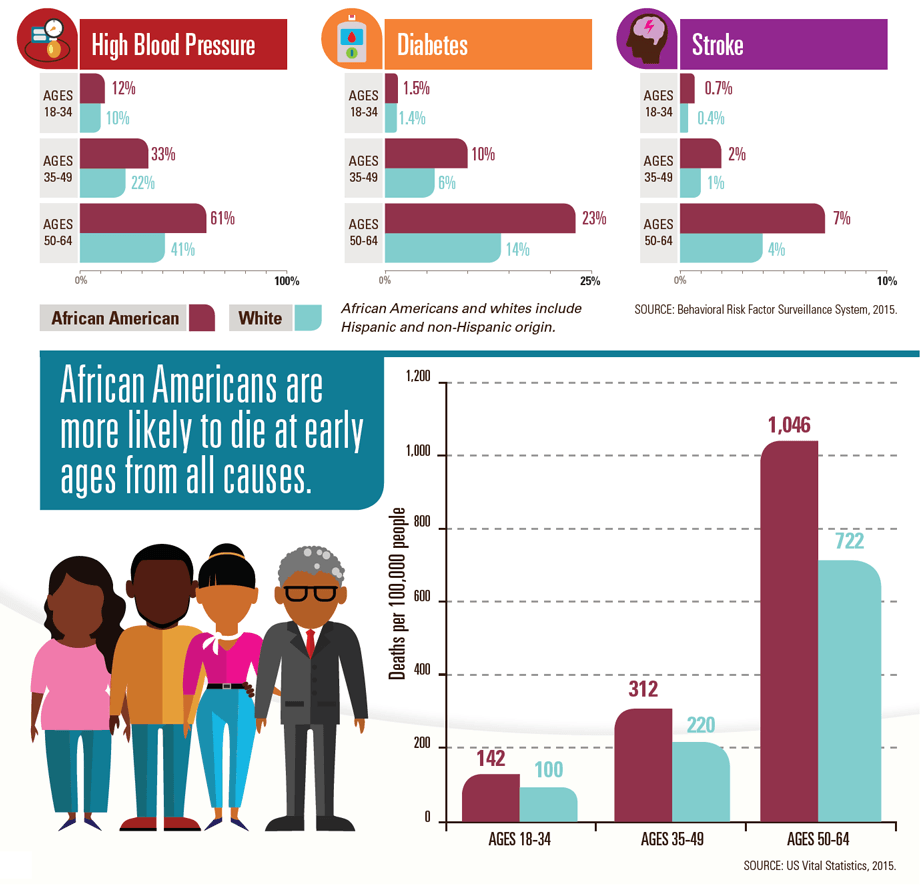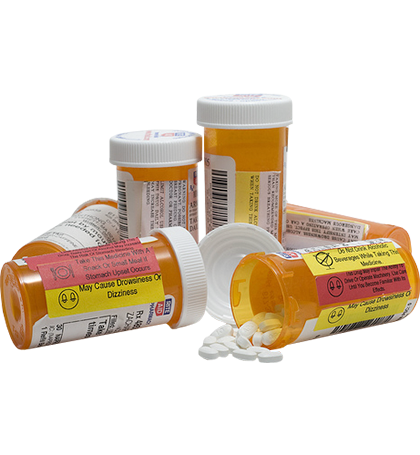Programming that makes a difference
The Institute for the Advancement of Minority Health is a leading non-profit agency dedicated to providing comprehensive support to the most vulnerable and underserve populations in Mississippi. Our work with local, state, and national agencies provides opportunities that will improve health outcomes by reducing health disparities.
Get Started
Public Health Prevention
Community Outreach, Education and Linkage to Services

Creating equal opportunities for health
African Americans are living longer. The death rate for African Americans has declined about 25% over 17 years, primarily for those aged 65 years and older. Even with these improvements, new analysis shows that younger African Americans are living with or dying of many conditions typically found in white Americans at older ages. The difference shows up in African Americans in their 20s, 30s, and 40s for diseases and causes of death. When diseases start early, they can lead to death earlier. Chronic diseases and some of their risk factors may be silent or not diagnosed during these early years. Health differences are often due to economic and social conditions that are more common among African Americans than whites. For example, African American adults are more likely to report they cannot see a doctor because of cost. All Americans should have equal opportunities to pursue a healthy lifestyle.








